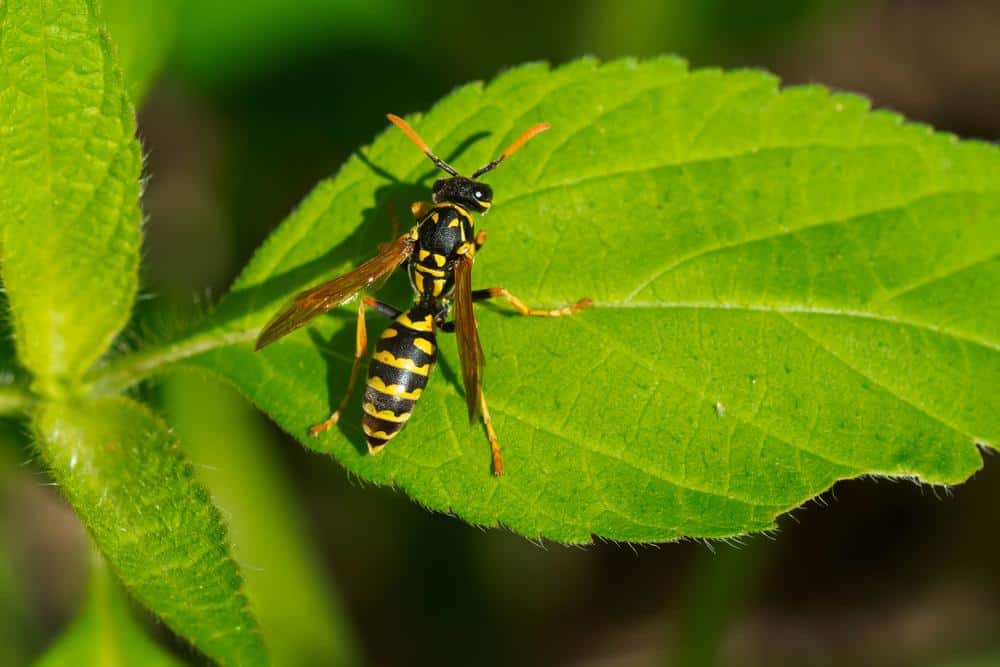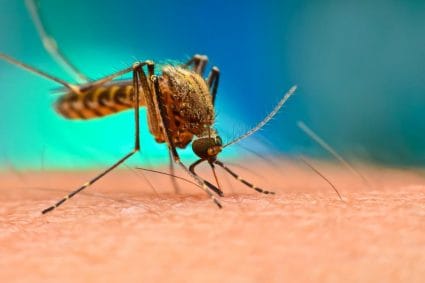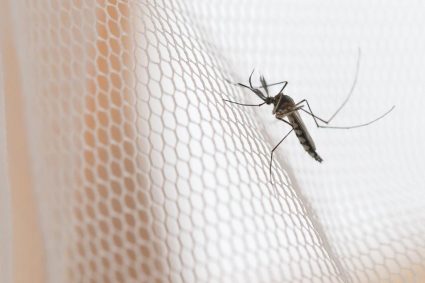
In the summertime, outdoor dining becomes an enjoyable activity for many. However, it also attracts some unwanted guests: wasps. These buzzing pests can quickly turn a pleasant meal into an uncomfortable experience. This article provides an in-depth guide on how to keep wasps away from your outdoor dining area.
To keep wasps away from your outdoor dining area, maintain cleanliness by removing food particles and spills quickly, cover food when not in use, and seal any cracks or holes in your home’s exterior. Use natural repellents like essential oils (clove, geranium, lemongrass), wasp-repellent plants (spearmint, thyme, eucalyptus), homemade wasp repellent spray, cucumber slices, and citronella candles. If wasps invade, move slowly away from the area and contact a professional pest control service if a nest is nearby.
The Attraction of Wasps to Outdoor Dining Spaces
Wasps are attracted to various types of food, particularly sweet and protein-rich items. Fruits, open juice or soda bottles, honey, jam, desserts, and meats are some of their favorites. Therefore, having these foods around can attract wasps to your outdoor dining area. Additionally, the cleanliness of plates and utensils plays a role in attracting wasps. Keeping the dining area clean and free of sitting food is essential in reducing wasp attraction.
Natural Repellents
Several natural repellents can be used to deter wasps. These include:
- Essential oils: Blend together a few drops of clove, geranium, and lemongrass essential oils with dish soap and water in a spray bottle and spray the outdoor dining area. Peppermint, tea tree, lavender, and cedarwood essential oils are also effective.
- Wasp-repellent plants: Some plant varieties, such as spearmint, thyme, eucalyptus, wormwood, and citronella, can deter wasps. Other flowering plants like marigolds, geraniums, and pennyroyals are also helpful.
- Homemade wasp repellent spray: Mix a few drops of essential oils (such as clove, geranium, lemongrass, or peppermint) with water and dish soap in a spray bottle. Spray the mixture around areas where wasps are likely to build nests or where you want to keep them away.
- Cucumber slices: Place freshly cut cucumber slices on aluminum foil or in an aluminum pie dish. The reaction between the cucumber and aluminum repels wasps.
- Citronella candles: Burning citronella candles in outdoor areas can keep wasps away.
Prevention Measures
To prevent wasps from being attracted to outdoor dining spaces, consider the following:
- Maintain cleanliness: Remove food particles, dirty dishes, and spills as quickly as possible.
- Cover food: Keep food covered when not being eaten to prevent wasps from being attracted to the smell.
- Seal cracks and holes: Inspect your home’s exterior and seal any gaps where wasps could enter.
- Grow strong-smelling plants: Wasps dislike the odor of some plants, such as fresh mint and tomato stems. Plant these near your outdoor dining area to deter wasps.
Dealing with a Wasp Invasion
If wasps do invade your outdoor dining space, remain calm. Quick movements can provoke a wasp and lead to stinging. Slowly move away from the area and try to remove the attractants, such as food or sweet drinks. If a wasp nest is near your dining area, do not attempt to remove it yourself. Contact a professional pest control service to handle it safely.
Conclusion
Enjoying an outdoor meal should not be disrupted by the presence of wasps. By implementing these tips, you can keep your outdoor dining area wasp-free and enjoy your meals in peace.
Frequently Asked Questions
Can I use other types of essential oils to repel wasps?
Yes, other essential oils that have strong scents can also be used to deter wasps. However, the effectiveness may vary. It’s recommended to stick to the essential oils listed in the article (clove, geranium, lemongrass, peppermint, tea tree, lavender, and cedarwood) as they have been proven to be effective.
How often should I spray the homemade wasp repellent?
You should spray the homemade wasp repellent around your outdoor dining area as needed, typically once every few days or after rainfall. If you notice an increase in wasp activity, you may need to spray more frequently.
Will citronella candles harm the wasps or other insects?
No, citronella candles do not harm wasps or other insects. They simply emit a scent that wasps and other bugs find unpleasant, which deters them from the area.
What should I do if I get stung by a wasp?
If you are stung by a wasp, you should clean the area with soap and water, apply a cold compress to reduce swelling, and consider over-the-counter remedies for pain and itching. If you experience severe symptoms like difficulty breathing, dizziness, or swelling of the throat or face, seek immediate medical attention as these could be signs of an allergic reaction.
Are there any commercial wasp repellents that I could use?
Yes, there are commercial wasp repellents available in the market. These typically come in the form of sprays or traps. Always follow the manufacturer’s instructions when using these products.









